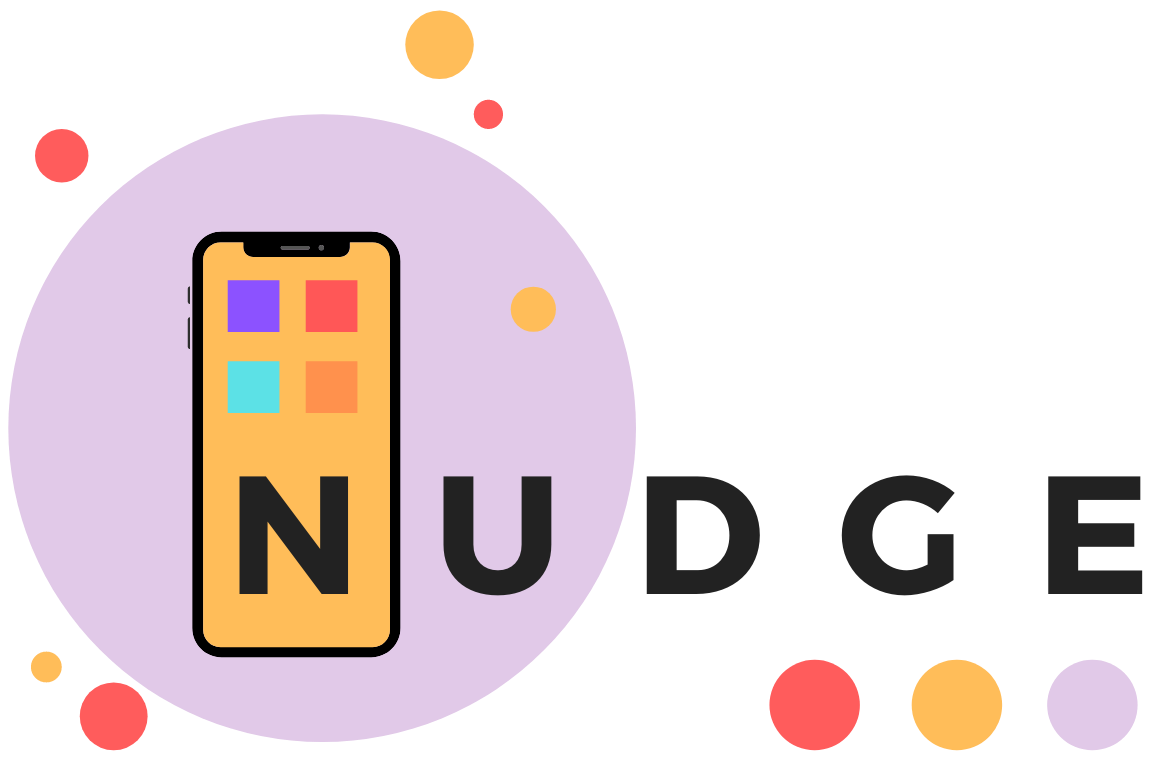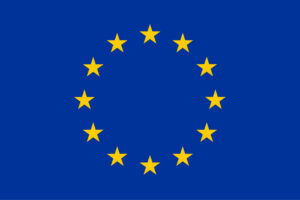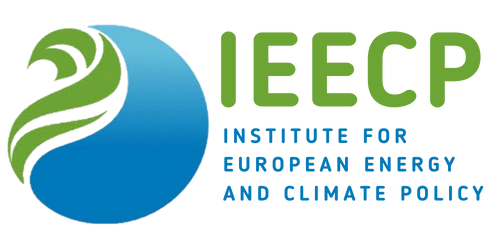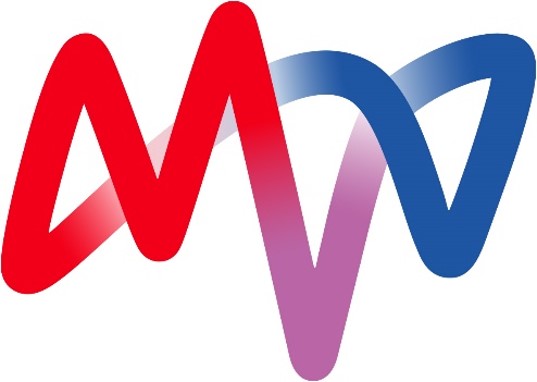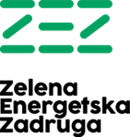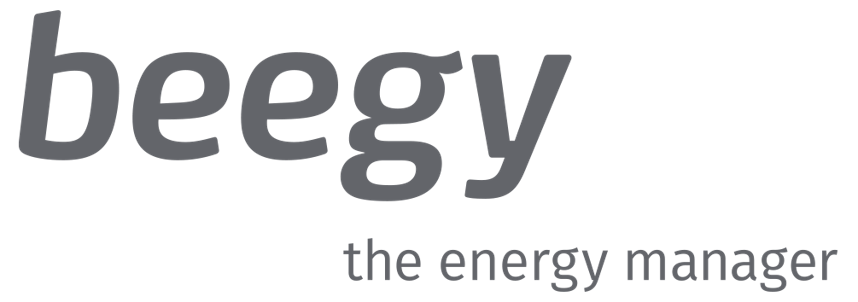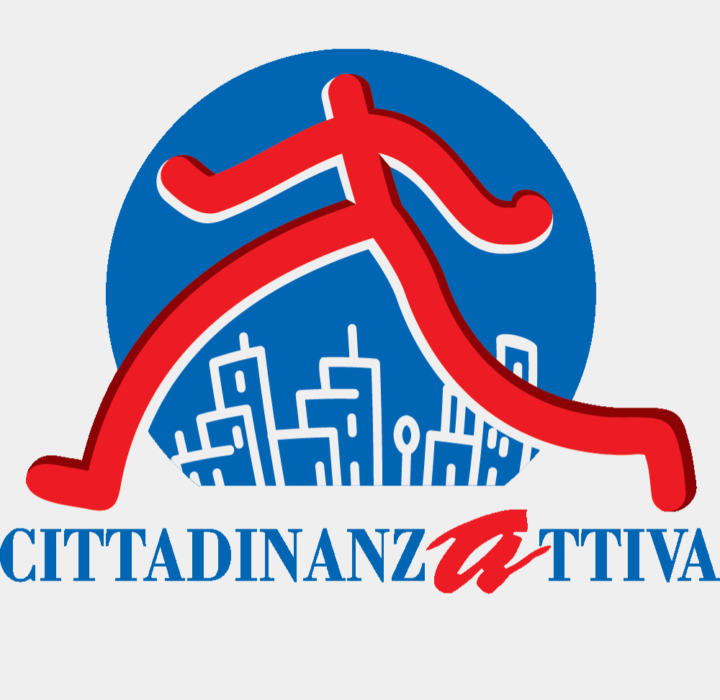Objectives
Behavioural interventions have already been considered in the energy sector as a means to more energy-friendly behaviour from end-users. However, the potential of nudging techniques for energy efficiency has not yet been extensively investigated, mainly because the employed behaviour interventions:
- are not tailored to the specific psychological or contextual features of individual consumers
- tend to be behaviourally-informed rather than behaviourally-tested through real trials
- do not follow a solid methodology in extracting statistically-significant results out of trials
- are not linked with policymaking actions
The NUDGE consortium has identified the aforementioned application gap as an opportunity that defines the main project aim: NUDGE aspires to systematically assess and fully unleash the potential of behavioural interventions towards achieving higher energy efficiency, paving the way to the generalized use of such interventions as a worthy addition to the policy-making toolbox. More specifically, NUDGE key objectives are:
- Tailor the design of behavioural interventions to individual psychological and contextual variables, by leveraging digital platforms and data analytics. Humans neither think nor take decisions in the same way. They do not share identical attitudes, expectations, goals and preferences, either. Hence, it is meaningful to account for this differentiation also in the way they are addressed by behavioural interventions. The goal of NUDGE is to tailor the interventions, behavioural or not, to users and seek to identify those that could have the highest behaviour-changing impact on them.
- Execute extensive field trials that address multiple instances of consumer behaviour, implementing different mixes of behaviour-based and traditional interventions. NUDGE devotes significant effort on testing the designed interventions in real conditions, through different field trials.
- Develop a systematic research protocol to continuously measure the impact of the implemented behavioural interventions. An instrument to assess the impact of behavioural change interventions across pilot sites, consisting of a) a general cross-pilot evaluation, supplemented by b) a specific evaluation applicable to each specific pilot site, sensitive to local contextual factors.
- Consolidate the findings of pilots into recommendations towards policymakers and relevant stakeholders. The scope of the term policies here is deliberately broader and applicable in main domains, beyond the usual public policy-making domain, e.g., a marketing policy by an NGO targeting the energy consumers, the pricing or communication policy of a DSO towards its customers, or the user interface design policies.
Technologies and tools
The mediation platforms for carrying out interventions are mobile apps, digital interface, energy metering equipment, sensors, and user interfaces, they will enable the automated collection and monitoring of pilot data and the calculation of the relevant KPIs.
NUDGE heavily reuses infrastructures and tools that are available from other research activities for its pilot activities, to ease the implementation work and enable the five pilots (incremental enhancements related to behavioural interventions rather than build from scratch).
The project foresees to distribute training material to enable users to interact with the newly introduced systems (metering platforms, smartphone applications, actuation controllers, etc.). Metering platforms (energy, IEQ) installation will take place as the first step to provide for evaluation in the pre-pilot phase, acting as a benchmark.
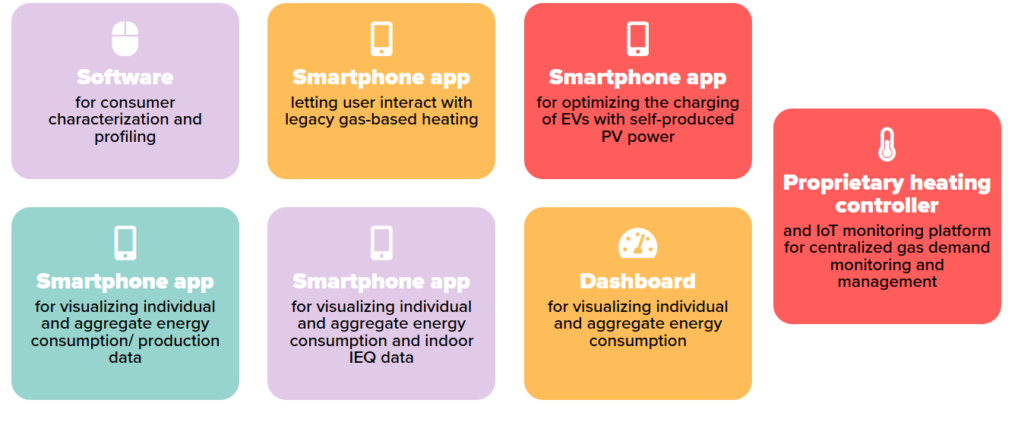
Pilots
Five field trials are planned to experiment with a broad set of behavioural interventions in scenarios with high potential for energy savings, targeting consumers:
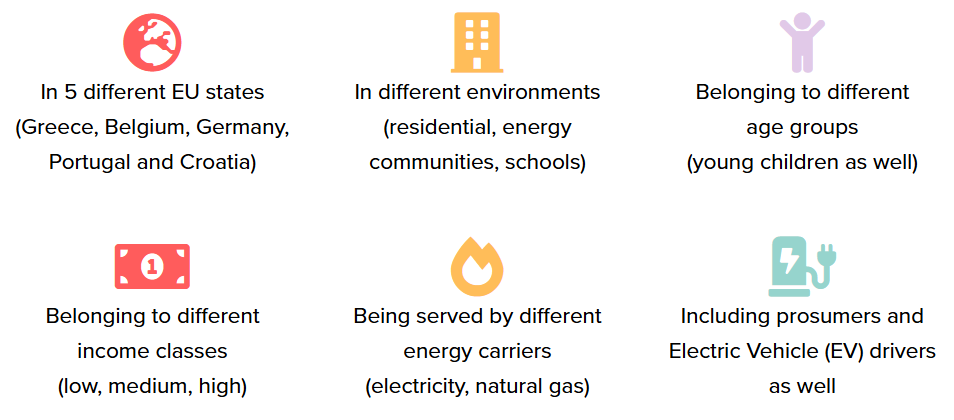
All five pilots in NUDGE launched summer 2021 and their execution follows an identical three-phase time plan: pre-interventions phase, enabling the establishment of a benchmark, or baseline, in terms of energy use and consumer behaviour for the participating households in each pilot (June-November 2021), testing phase, including the actual testing of the planned interventions in each pilot (between December 2021 and May 2023, so as to provide for the execution of several (consecutive) interventions and their evaluation) and post-interventions phase, planned to run between June and September 2023, the pilots will keep on running in the absence of any interventions, to evaluate whether the consumers maintain an improved energy efficient behaviour after nudges cease, thus gaining insights into the long-lasting impact of the NUDGE approach.
Read more on the NUDGE website!
Podcast
Energy efficiency: the solution to Europe’s energy crisis
While Europe’s energy crisis fuels fears of a harsh winter for millions of European residents, much discussions are revolving around diversifying the EU’s energy suppliers and reducing European countries’ dependency on Russian hydrocarbons.
Yet, solutions can also be found within Europe with the implementation of demand side measures to reduce energy consumption.
Senior associate at the Institute for European Energy and Climate Policy (IEECP) Filippos Anagnostopoulos shares his expertise in energy efficiency in the building sector and what measures should be taken immediately and on the long-term to reduce energy-consumption.
Policy recommendations
The project is deriving policy recommendations for different stakeholders, including policy- and decision-makers, energy providers, technology providers (e.g., smartphone app designers), energy communities and consumer associations.
Policy brief #1 – Profiling and nudging energy consumers to heat efficiently
Poster – Nudging people towards heating efficiently according to their profile
Later in 2023, an online recommendation tool will be publicly accessible from the NUDGE website and allow the various interested stakeholders to receive easy-to-access information and recommendations tailored to their specific needs.
